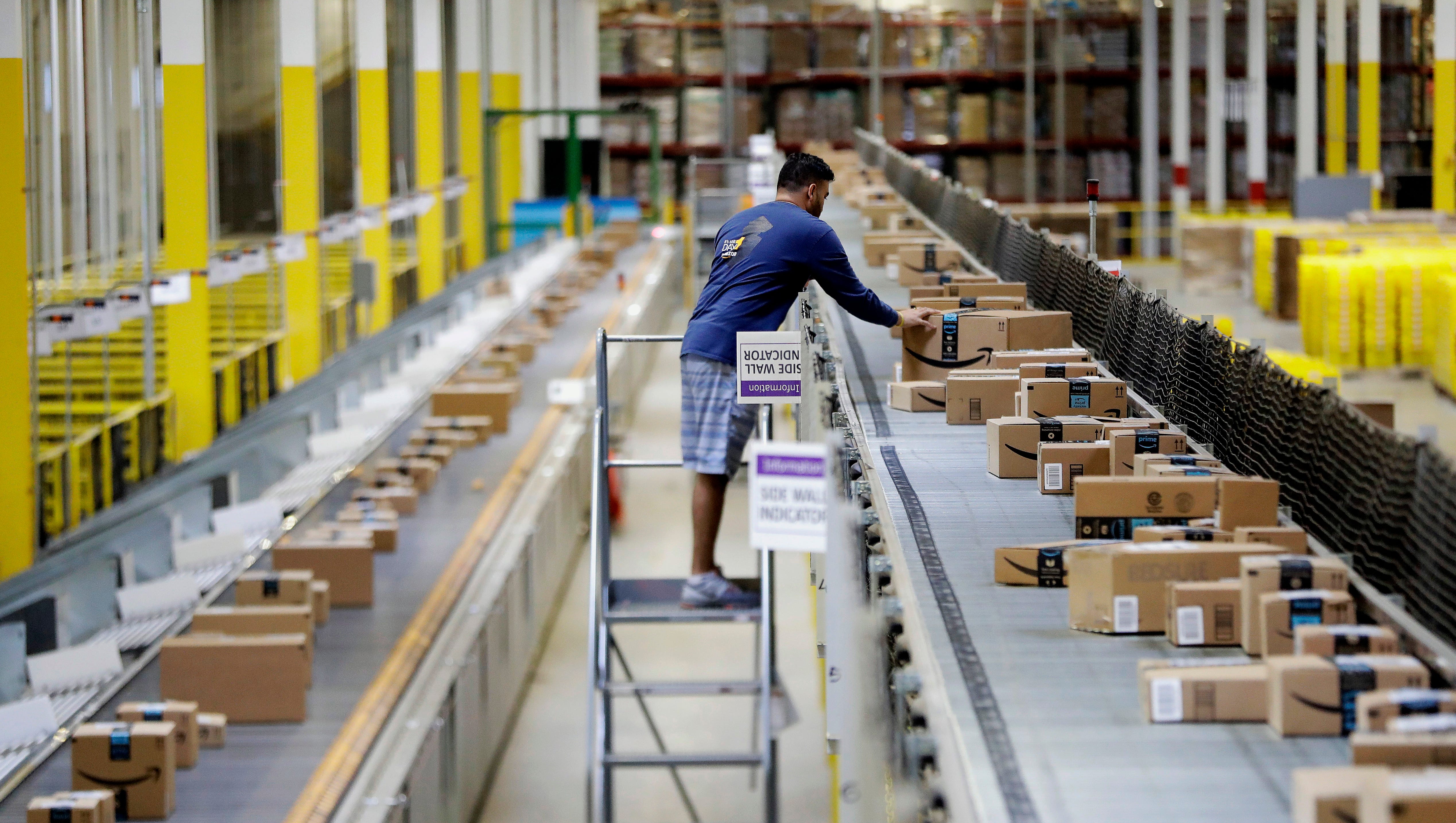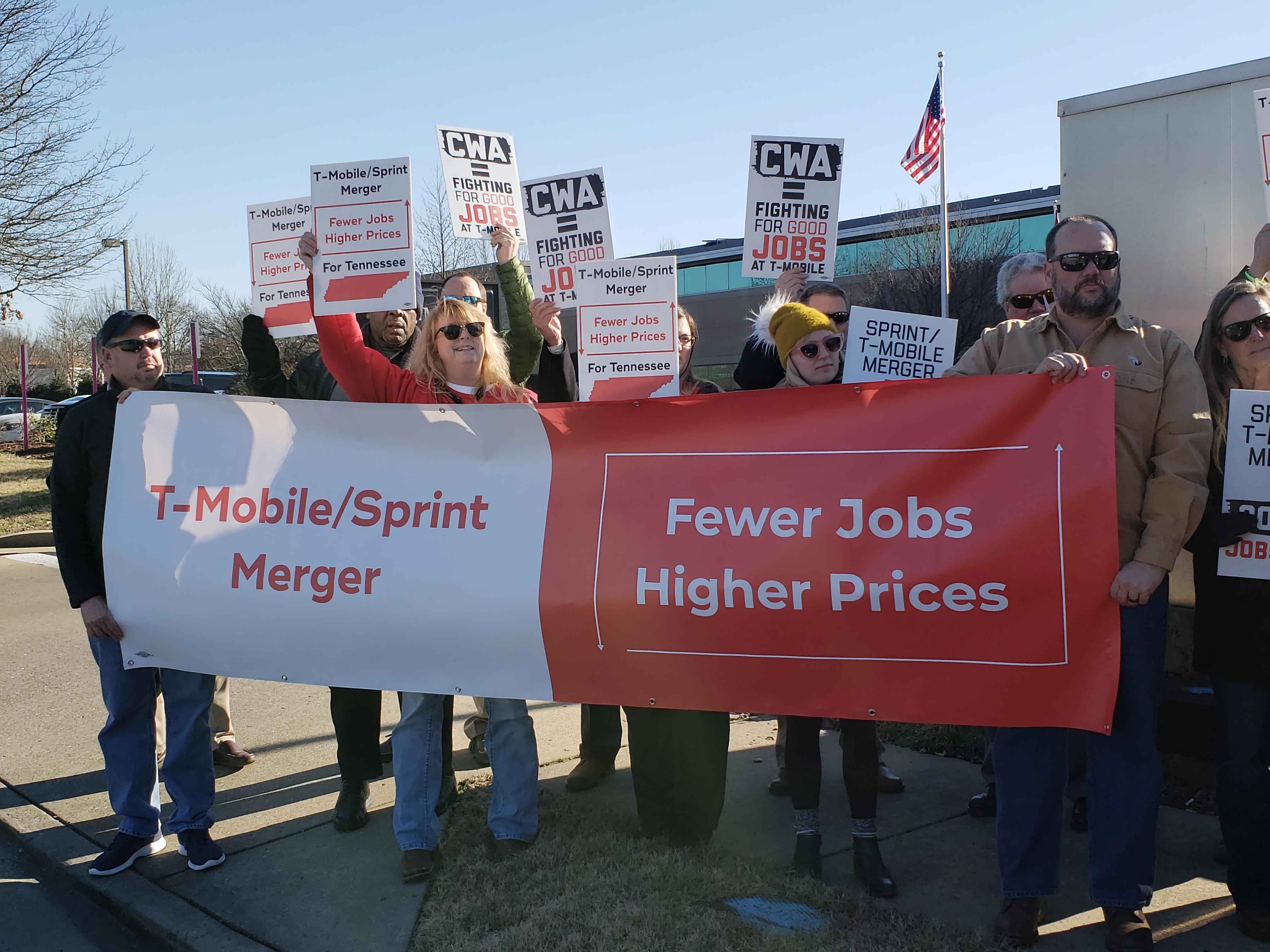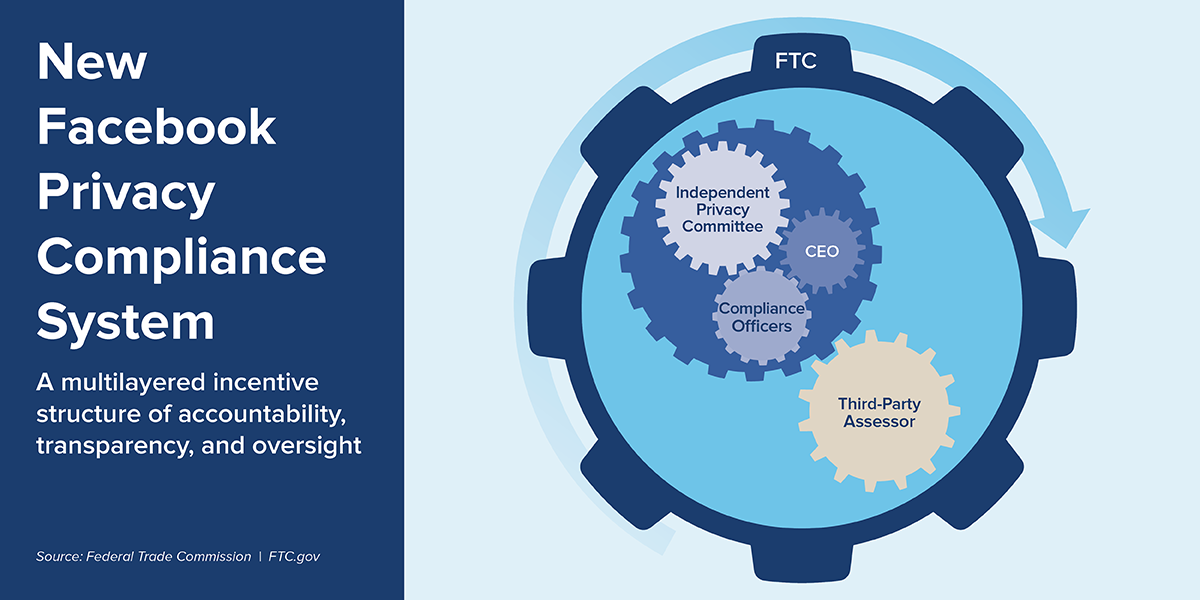
Lockheed Martin’s decision to bow to pressure from the Federal Trade Commission and abandon its takeover of Aerojet Rocketdyne is a rarity. Such mergers among weapons producers were long encouraged by the Pentagon and approved by antitrust regulators. Bigger and more prosperous contractors were seen as being in the national interest.
This gave rise to a group of military leviathans. Along with Lockheed Martin, the result of the 1995 combination of Lockheed and Martin Marietta and the later addition of Sikorsky Aircraft, those giants include: Raytheon Technologies, which arose out of the 2020 merger of Raytheon and portions of United Technologies; Northrop Grumman, born out of the 1994 combination of Northrop Aircraft and Grumman Corporation; General Dynamics, formed from the 1950s merger of Electric Boat Company and Canadair; and Boeing, which gobbled up McDonnell Douglas in 1997.
Concentration, however, is no longer seen as a virtue in the arms industry. The Defense Department has just issued a report warning that the sharp reduction in competition among contractors is creating problems for the Pentagon. It points out that the number of aerospace and defense prime contractors is down from 51 in the 1990s to five today, making the military highly dependent on a very small number of producers in all categories of weapons systems.
This reduction in competition, the report argues, creates supply risks, increases costs and diminishes innovation: “Consolidations that reduce required capability and capacity and the depth of competition,” it states, “have serious consequences for national security.”
In place of the old approach of “bigger is better,” the report recommends heightening merger oversight, encouraging new entrants, increasing opportunities for small business, and hardening of supply chain resiliency.
For all its candor, one issue the report does not address is the checkered history of the big contractors in terms of honest dealing. They were all involved in numerous procurement scandals in the 1980s, the 1990s and into the 2000s. These ranged from massive cost overruns to cases of outright bribery.
The misconduct has continued. According to Violation Tracker, which covers cases back to 2000, the big five have paid more than $2 billion in fines and settlements in cases relating to government contracting—mainly violations of the False Claims Act. For example:
In 2006 Boeing paid $615 million to resolve criminal and civil allegations that it improperly used competitors’ information to procure contracts for launch services worth billions of dollars from the Air Force and NASA.
In 2008 General Dynamics agreed to pay $4 million to settle allegations that a subsidiary fraudulently billed the Navy for defective parts.
In 2014 a subsidiary of Lockheed Martin paid $27.5 million to resolve allegations that it overbilled the government for work performed by employees who lacked required job qualifications.
In 2009 Northrop Grumman agreed to pay $325 million to settle allegations that it billed the National Reconnaissance Office for defective microelectronic parts.
In 2008 Raytheon subsidiary Pratt & Whitney, then part of United Technologies, agreed to pay $50 million to resolve allegations it knowingly sold defective turbine blade replacements for jet engines used in military aircraft.
Now that the Pentagon is trying to reduce its dependence on giant contractors, it should also show less tolerance for corruption on the part of suppliers both large and small.






 There is growing awareness of the dangers posed by Amazon’s ever-increasing market clout, but the concentration of economic power is not limited to that online retailer. More and more U.S. industries have become oligopolies, and in some sectors the top two companies now have a market share
There is growing awareness of the dangers posed by Amazon’s ever-increasing market clout, but the concentration of economic power is not limited to that online retailer. More and more U.S. industries have become oligopolies, and in some sectors the top two companies now have a market share  Three days after Donald Trump took office in 2017, the Pharmaceutical Research and Manufacturers of America trade association
Three days after Donald Trump took office in 2017, the Pharmaceutical Research and Manufacturers of America trade association